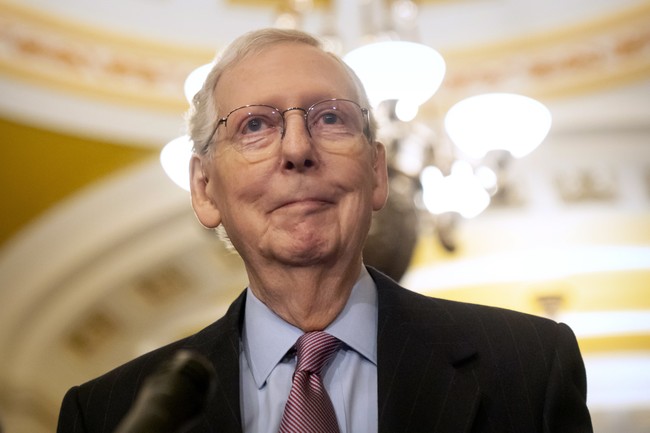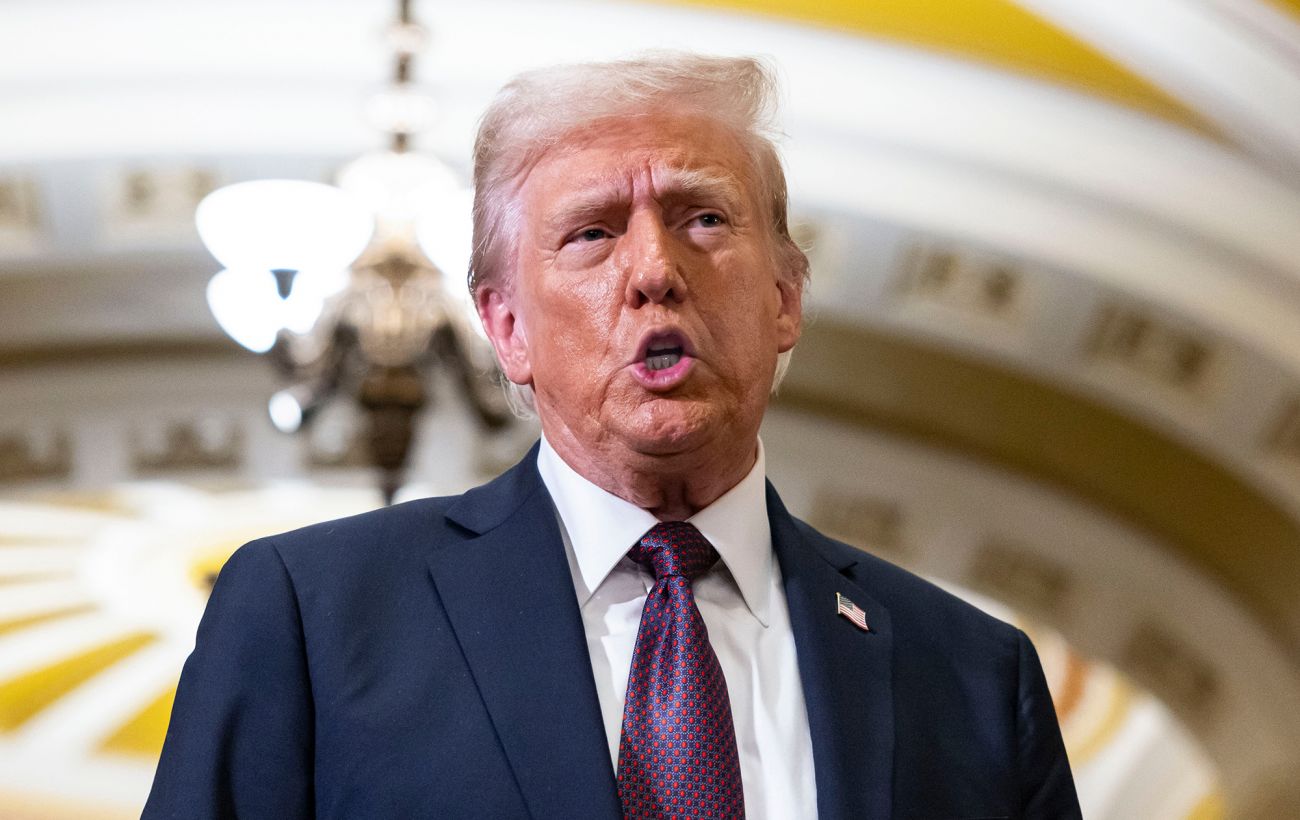Political Turmoil: The Saga of Eric Adams' Legal Battle
Examining the political and legal intricacies surrounding New York City Mayor Eric Adams amidst corruption allegations and the potential impact on his political career.
Published February 20, 2025 - 00:02am

Image recovered from thestar.com
In a complex mesh of political intrigue and legal maneuvering, New York City Mayor Eric Adams finds himself at the center of a burgeoning controversy involving federal corruption charges. Accusations have emerged against Adams, alleging his acceptance of illegal campaign contributions and opulent perks from foreign leaders during his tenure as Brooklyn Borough President. These charges, which the Trump administration moved to dismiss, have sparked a wildfire of resignation among federal prosecutors, sowing confusion and igniting debates about political interference.
The unfolding saga took a substantive turn when federal prosecutors confronted the dismissed charges, reflecting on how the alleged misconduct could significantly weaken Adams' leadership at a delicate time. Questions proliferate as to whether Adams was offered leniency in exchange for supporting Trump's political agenda, particularly in their shared contentious immigration policy.
As the situation evolves, state Governor Kathy Hochul has been thrust into a precarious position, contemplating the potential need to unseat the beleaguered mayor. Tensions escalate with observers suggesting federal actions against Adams to be a cynical political calculus. Hochul's decision-making is constrained by the impending reelection campaigns and turbulent public opinion.
Numerous political figures, including prominent Black state legislators, have rallied behind Adams, urging Hochul to refrain from taking action that could be perceived as racially motivated. These lawmakers argue that any action against Adams without irrefutable legal grounds could bear the undertones of racial bias, thus exacerbating already delicate race relations within New York's social fabric.
Further fueling the controversy, the Justice Department justified its move as necessary to alleviate a political quagmire, claiming the pending prosecution limited the mayor's capacity to address pressing urban issues, including illegal immigration and crime. The abrupt resignation of seasoned prosecutors within the Justice Department has triggered debates about the appropriateness of the Department's intervention and its implications for democracy and justice.
Amidst the turmoil, Adams asserts his innocence vehemently, stating that he has committed no crime and refusing any implication of quid pro quo in dealings with federal authorities. His defiant stance comes as he prepares for a significant Democratic primary challenge, with political adversaries eyeing potential vulnerabilities.
As the city's political landscape teeters on the brink, the mayor's struggle has become emblematic of broader issues in American politics, including the intersection of race, executive power, and legal integrity. Stakeholders aplenty hold their breath as the drama of New York's municipal governance unfolds, awaiting what could be landmark outcomes with the potential to reverberate throughout the country's political scenery.
In essence, the saga is not just about Eric Adams but about the broader strokes of governance, partisan conflicts, and societal equilibrium in a nation wherein urban leadership is both a symbol and a battlefield of political ideologies.






